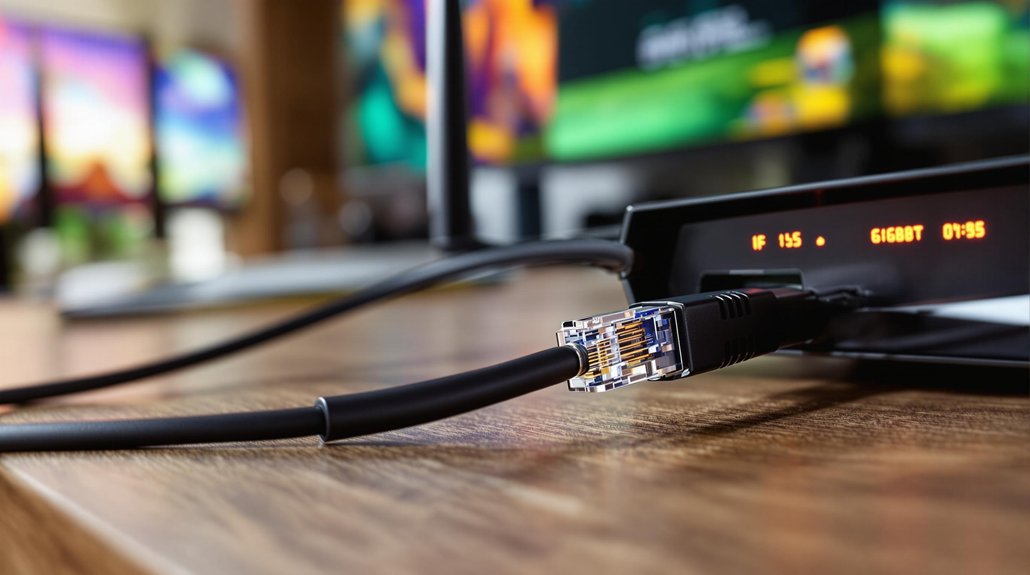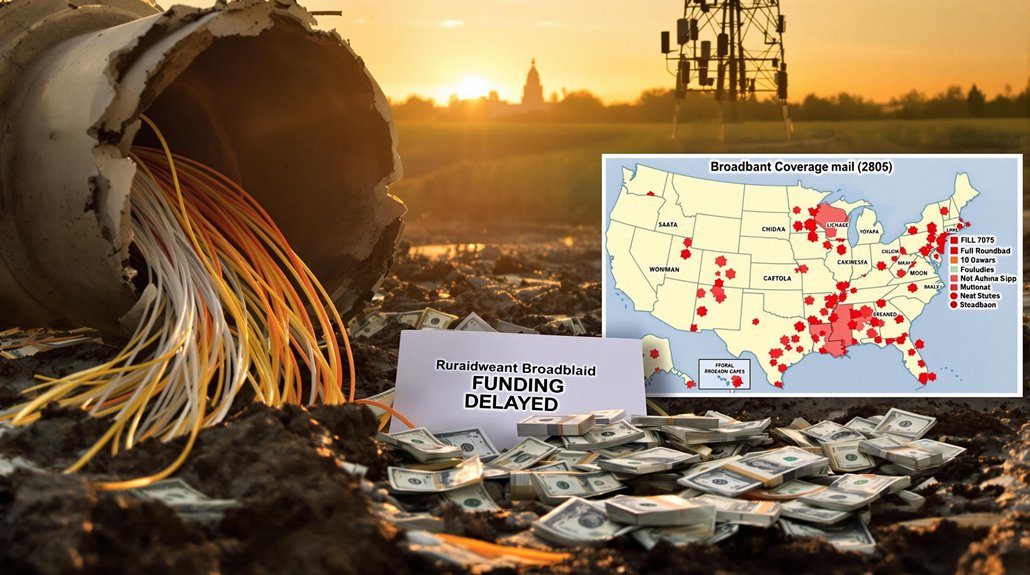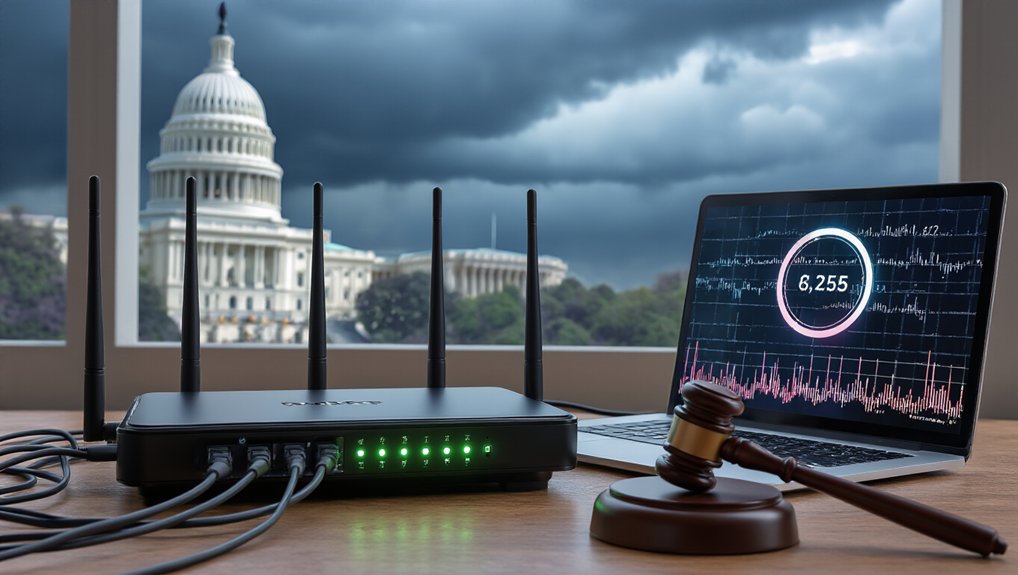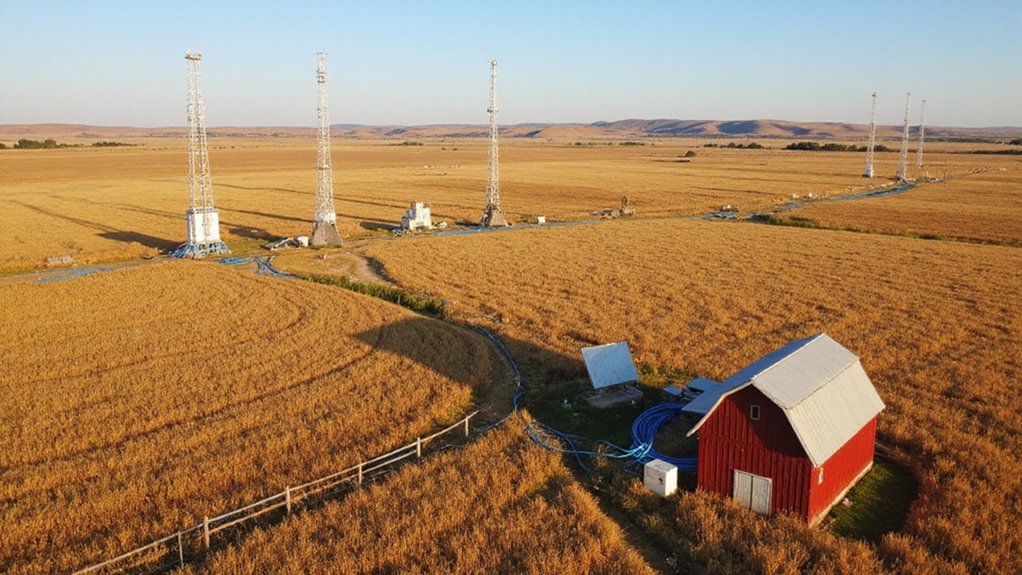Ethernet cables offer up to 40% faster internet speeds than Wi-Fi connections. They provide consistent performance without disruptions from walls or electronic devices. Wired connections reduce security risks since data isn’t broadcast through the air. Though initial setup costs may be higher, users experience fewer maintenance issues over time. Ethernet effectively addresses common Wi-Fi problems like dropped connections and inconsistent speeds. The combination of speed, reliability, and security makes Ethernet a compelling alternative for those seeking better internet performance.
While many homes and businesses rely on Wi-Fi for internet access, Ethernet cables offer a considerably more powerful alternative. Recent studies show that hardwired connections can deliver internet speeds up to 40% faster than wireless options. This significant difference makes Ethernet an attractive choice for users with high-bandwidth needs.
Ethernet cables come in various types to suit different requirements. The widely available Cat6 cables support speeds up to 10 Gbps for distances under 55 meters, while advanced options like Cat7 and Cat8 allow for even faster connections up to 40 Gbps. These higher-grade cables are particularly valuable in data centers and professional settings where maximum performance is essential.
Network professionals rely on specialized Ethernet cables to maximize connection speeds in high-demand environments.
The stability of wired connections represents another major advantage. Unlike Wi-Fi, which can be disrupted by walls, other electronic devices, or neighboring networks, Ethernet provides consistent performance regardless of the surrounding environment. This reliability makes it ideal for activities that can’t tolerate interruptions, such as online gaming, video conferencing, or streaming high-definition content. Gamers especially benefit from lower latency compared to WiFi connections, resulting in more responsive gameplay with fewer delays.
Security concerns also favor Ethernet connections. Since data isn’t broadcast through the air, the risk of interception is dramatically reduced. Hackers would need physical access to the network rather than just being within signal range. This enhanced protection comes standard with Ethernet, without requiring additional security measures.
From a financial perspective, Ethernet often proves cost-effective over time. While the initial setup may involve some expense for cables and installation, users typically face fewer maintenance issues and less frequent equipment replacements. Basic Cat5e cables remain affordable for everyday use, while those with higher demands can invest in more advanced options. When selecting your connection type, considering broadband vs. dialup options is essential, though modern Ethernet setups almost exclusively use broadband technologies.
For users experiencing regular Wi-Fi frustrations like dropped connections or inconsistent speeds, Ethernet cables represent a practical solution that delivers superior performance. The technology’s combination of speed, reliability, and security makes it a compelling choice for both residential and professional environments where connection quality matters.









